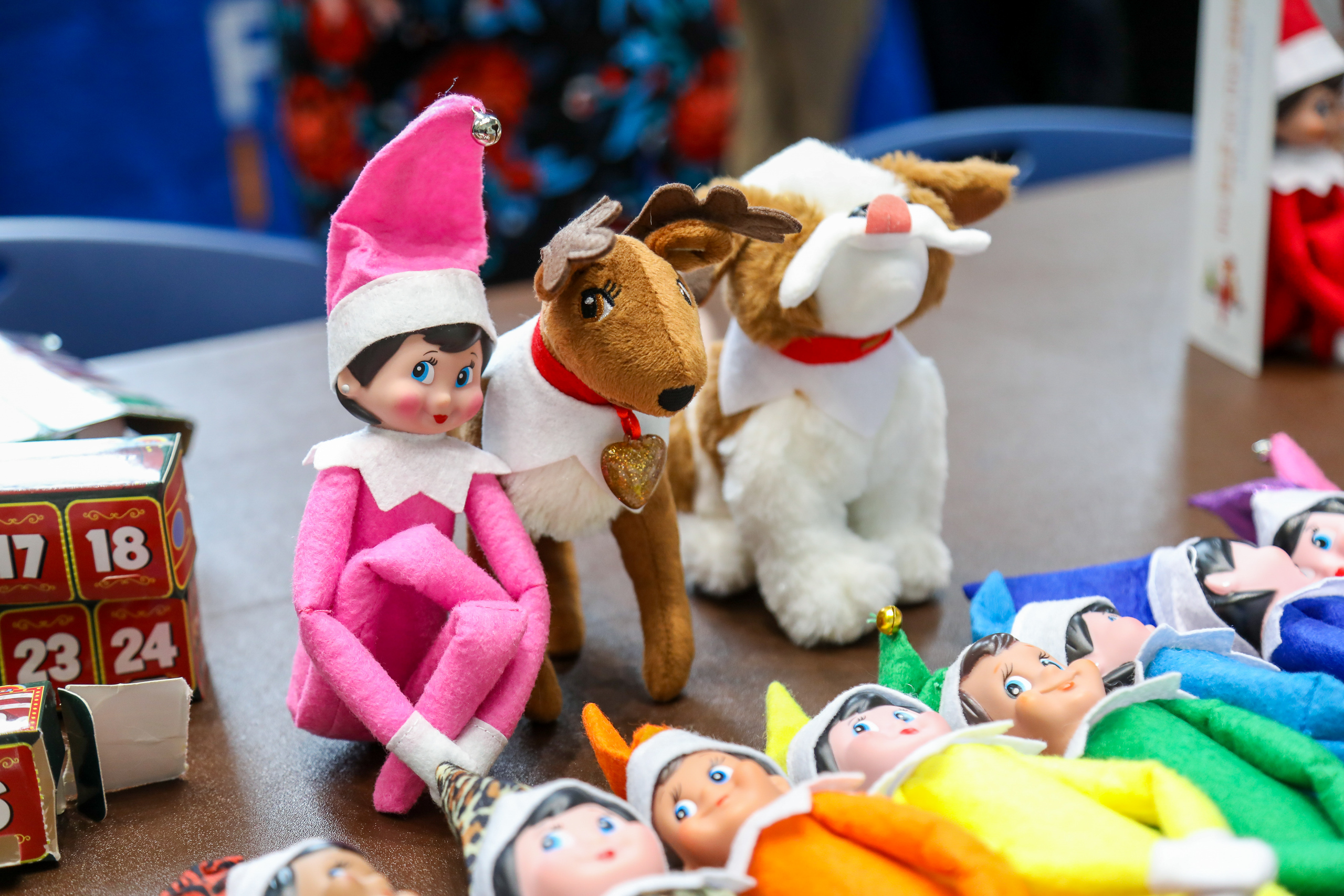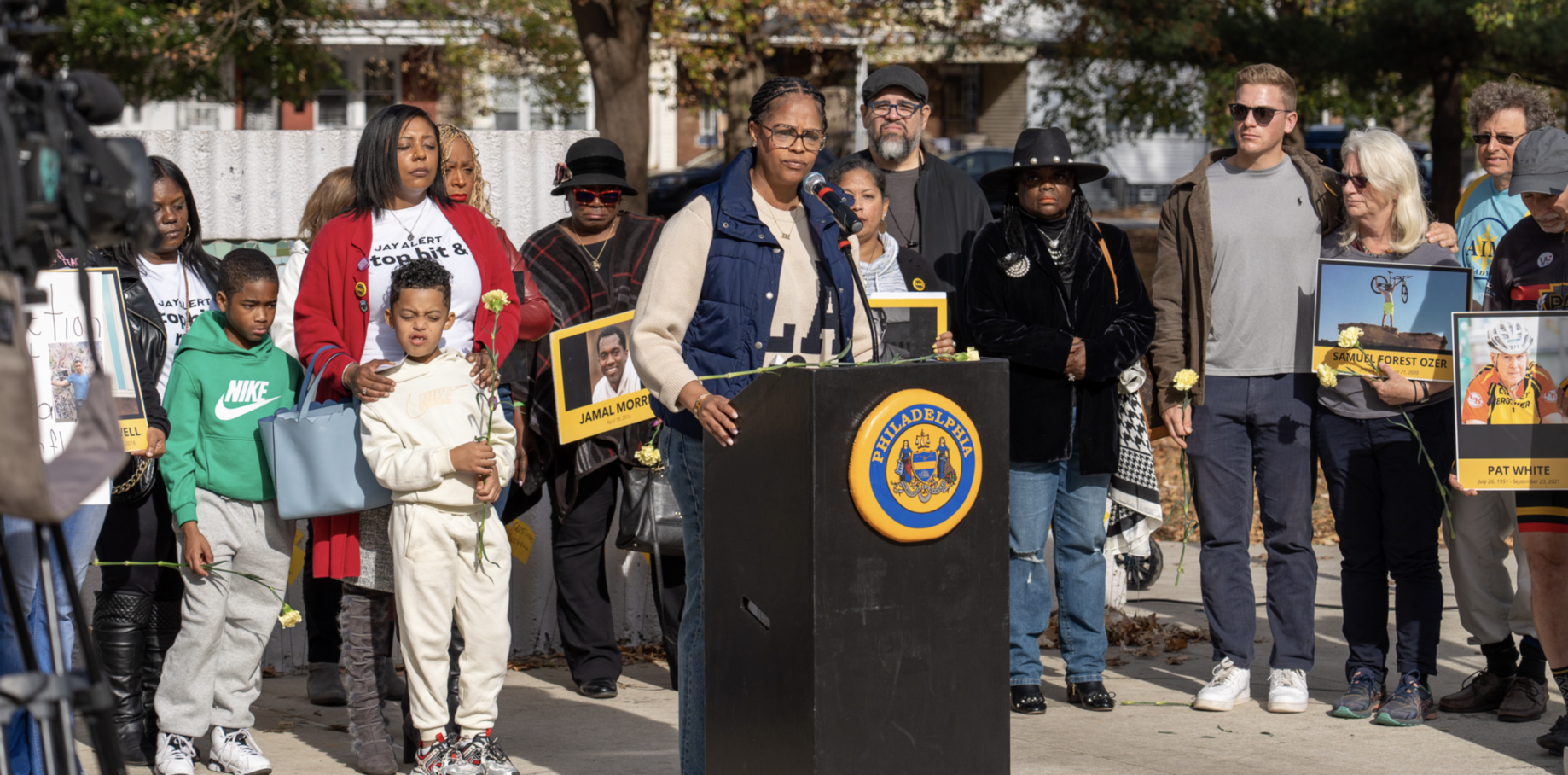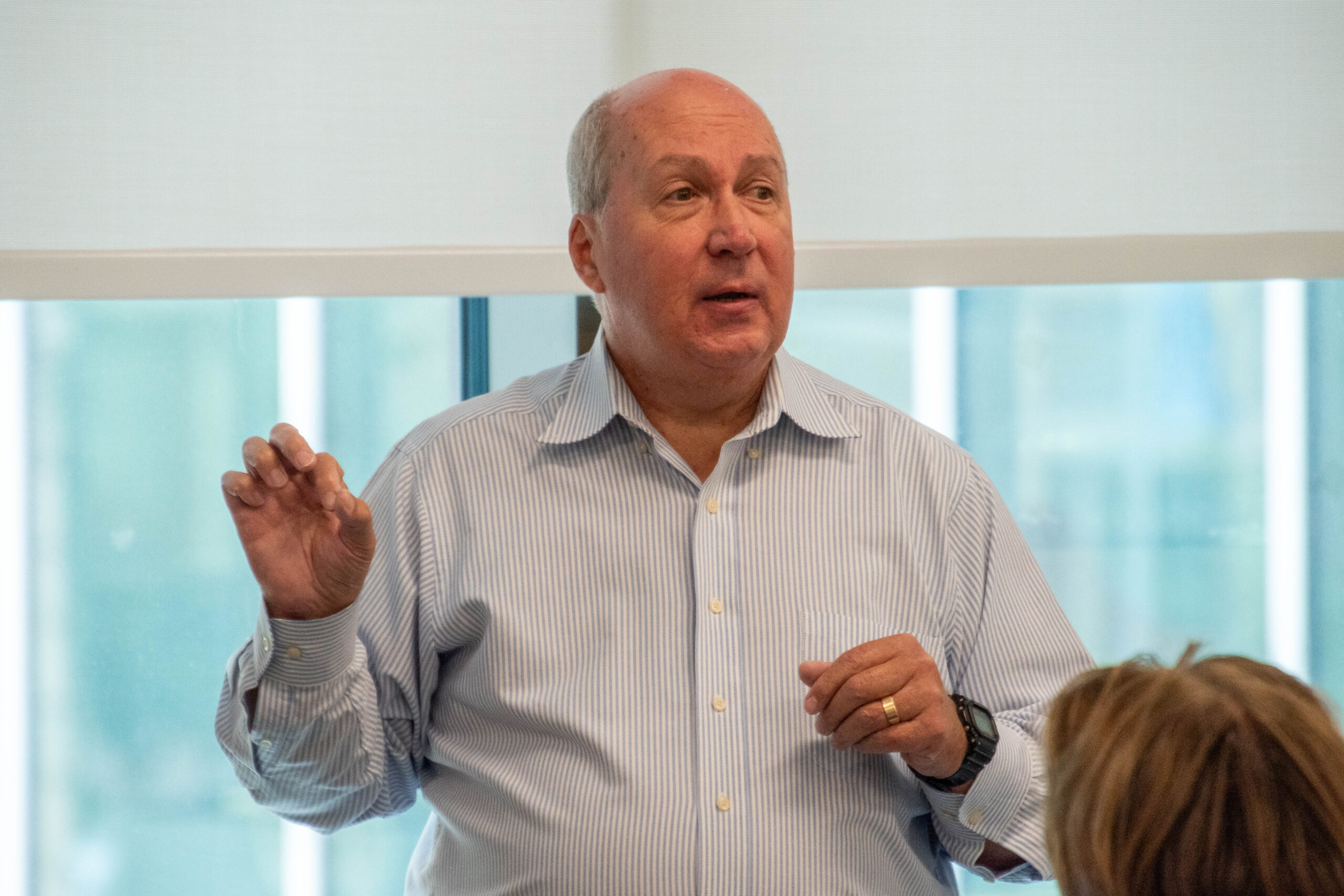Shopping
Dangerous Counterfeit Goods Could Dampen Online Shopping – NH Journal

Tourists used to shop the outdoor markets along Canal Street in New York City for knock-off Gucci handbags, fake Rolexes, and counterfeit sunglasses to take home to Atlanta or Austin. Now, those shoppers can log on to social media and the internet for their fashion fakes.
With the holiday shopping season approaching, retail trade groups are pressing social media companies like Meta to crack down on online counterfeit shops.
“There’s a lot of back-end information that they have, not only about sellers but through the different programs that brands participate now in terms of IP counterfeits, where there is the standard of knowledge available for platforms,” said Jennifer Hanks, senior director of brand protection for the American Apparel & Footwear Association (AAFA).
AAFA members spent more than $1 million this year fighting counterfeit goods that take jobs from American retail workers.
AAFA, along with other trade groups, recently gathered on Capitol Hill to display tables full of fake products bought online. The counterfeits ranged from imitation water filters to prescription drugs to Elf on the Shelf dolls.
While some of the phony products were easy to spot, others were so convincing they fooled customers and law enforcement. A recent survey by the Center for Anti-Counterfeiting and Product Protection (A-CAPP) at Michigan State University revealed that 68 percent of consumers bought fake products at least once in the last year. Almost 40 percent chose to keep the item despite knowing it was a fraud.
Those knock-offs aren’t just fake. Some are also dangerous, made with hazardous materials. The Water Quality Association, for example, revealed some fake water filters were filled with newspaper that didn’t remove lead or mercury from water. Other phony filters contaminated the water they were supposed to purify.
AAFA conducted a survey of the top counterfeit products seized by Customs and Border Protection agents, revealing 36 percent of the 47 products contained toxic chemicals and heavy metals harmful to humans. Hanks said authentic products go through quality control methods that prevent contaminated products from reaching the market.
Perhaps more disturbing in A-CAPP’s survey results was who scammers were able to deceive. More young, religious men from lower-income households bought counterfeits online compared to other demographics.
National Crime Prevention Council Executive Director Paul DelPonte said it’s easy to dupe people who scour the web for the best deal possible.
What people don’t know is that the groups making the fake products are typically the worst of the worst, he said. International drug cartels and human traffickers are part of the counterfeiters’ network.
“Al Capone would have loved to have had the internet,” DelPonte said.
DelPonte thinks there’s a simple solution to the counterfeit problem: hold social media companies accountable. “(They) have a lot of excuses, but when you hold their feet to the fire, they can take the stuff down,” he said.
Retail, apparel and drug manufacturers lobbied the Biden administration and Congress to pass the SHOP SAFE Act.
The bipartisan legislation would make online platforms liable for a civil suit if a third-party uses the platform to sell a fake good. Sites could avoid a civil suit if it’s determined they took “reasonable measures” to prevent the sale of counterfeit goods. Platforms are also required to verify all third-party sellers.
Opponents say the SHOP SAFE Act would harm small legitimate sellers offering products like used baby clothes or homemade goods.
AAFA wants the Office of the U.S. Trade Representative to add apps like Facebook, Instagram and Threads to the Notorious Markets List. The list identifies websites and physical markets where it’s thought copyright piracy and trademark counterfeiting take place. Other platforms AAFA wants listed include AliExpress, DHgate and Shopee.
The group hopes that platforms added to the Notorious Markets List will start taking counterfeiting seriously.
Although government regulation can significantly reduce counterfeiting, advocates emphasize that individuals also play a crucial role in preventing the sale of bogus goods.
That includes carefully reviewing any product before purchasing, looking at seller reviews, and demanding a refund if a fake item was bought. DelPonte suggests a letter-writing campaign to social media companies that asks for increased counterfeit enforcement.
“Say, ‘Look, I don’t want my kids on this platform.’ You know, it’s really hard as a parent to balance the pressures of today, they don’t need that problem on top of it.”










